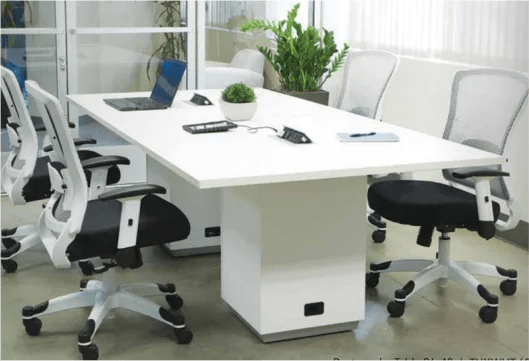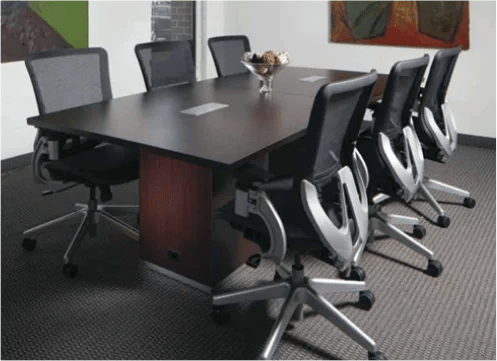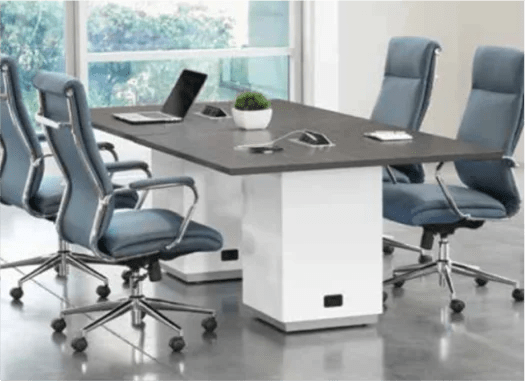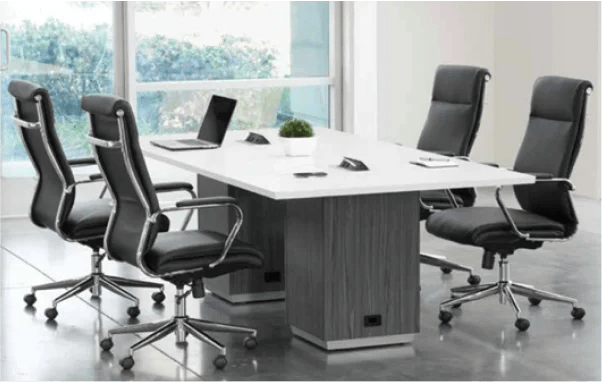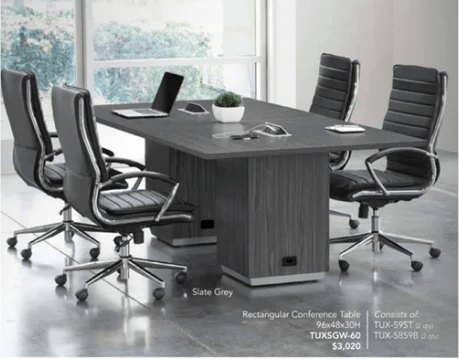- NY Phone: (212) 641-4300 |
- NJ Phone: (908) 300-5664
What to Do With Old Office Furniture: Sell, Donate, or Recycle?
What to Do With Old Office Furniture: Sell, Donate, or Recycle?
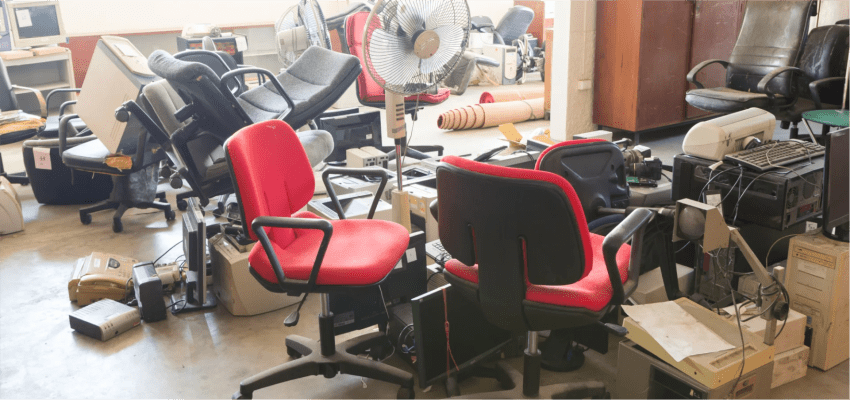
When businesses upgrade or relocate, they often face the challenge of managing old office furniture. What should you do with items that are no longer needed? The right decision can minimize environmental impact, save costs, and even benefit the community. This guide explores the best ways to handle old office furniture efficiently, with insights from eLtru, a leader in sustainable office solutions.
1. Sell Your Old Office Furniture
Selling used office furniture is a great way to recoup some of your initial investment while ensuring functional items don’t go to waste. Here’s how to do it effectively:
Assess Market Demand: Some furniture pieces, like ergonomic chairs and modern desks, have strong resale value. Research the demand for your items before listing them.
Utilize Online Platforms: Websites like Craigslist, eBay, and Facebook Marketplace can help you reach a broad audience.
Host an Auction: If you have a large inventory, consider organizing an in-house auction or hiring a professional auctioneer to maximize sales.
Partner with Second-Hand Dealers: Businesses that specialize in pre-owned office furniture can offer quick sales, though prices may be slightly lower.
2. Donate Your Old Office Furniture
Donating furniture is a sustainable and socially responsible way to repurpose office items. Here’s how to ensure your donation makes an impact:
Identify Recipients: Schools, charities, and non-profit organizations often welcome office furniture donations.
Ensure Good Condition: Only donate furniture that is functional and in reasonable shape to ensure usability.
Claim Tax Deductions: In many regions, donating furniture to registered charities can offer tax deductions.
Promote Your Donation: Share your efforts on social media or via press releases to enhance your company’s corporate social responsibility profile.
3. Recycle Your Old Office Furniture
For items that are not in sellable or donatable condition, recycling is an eco-friendly alternative. Here are some steps to take:
Disassemble and Recycle Materials: Many office furniture pieces contain recyclable materials such as metal, wood, and plastic.
Partner with Recycling Facilities: Work with specialized recycling centers that handle furniture waste responsibly.
Consider Upcycling: Transform old furniture into new, creative pieces that can be reused in the office or sold as unique items.
Additional Options for Office Furniture Disposal
Aside from selling, donating, and recycling, businesses can explore other strategies:
Store for Future Use: If you anticipate needing the furniture later, secure it in a storage facility. However, keep in mind that storage costs can add up.
Dispose Responsibly: If no other options work, ensure proper disposal to minimize environmental impact. Avoid sending furniture to landfills whenever possible.
Benefits of Each Approach
Selling: Recovers costs and declutters your space quickly.
Donating: Supports community development and provides tax deductions.
Recycling: Reduces waste and aligns with corporate sustainability initiatives.
Best Practices for Handling Old Furniture
To ensure a smooth transition when managing old office furniture, follow these best practices:
Plan Ahead: Schedule your furniture management process in advance to prevent last-minute stress.
Assess Condition: Determine whether each item should be sold, donated, or recycled.
Partner with Experts: Engage professional decommissioning services like eLtru for complex projects.
Document Everything: Keep records of furniture transactions for tax and compliance purposes.
Communicate with Stakeholders: Inform employees and relevant parties about your furniture management plans.
Conclusion
By implementing these strategies, businesses can manage old office furniture in a responsible and beneficial way. Whether selling, donating, or recycling, every action contributes to sustainability while maximizing value. Companies like eLtru offer expertise in furniture liquidation and recycling, ensuring an environmentally friendly approach. Take the time to evaluate your options and choose the best path for your company, community, and the environment.
Contact Us For
OFFICE SPACE SOLUTIONS
and FF&E Services
Copyright © 2026 RJV Office Furnishing LLC




